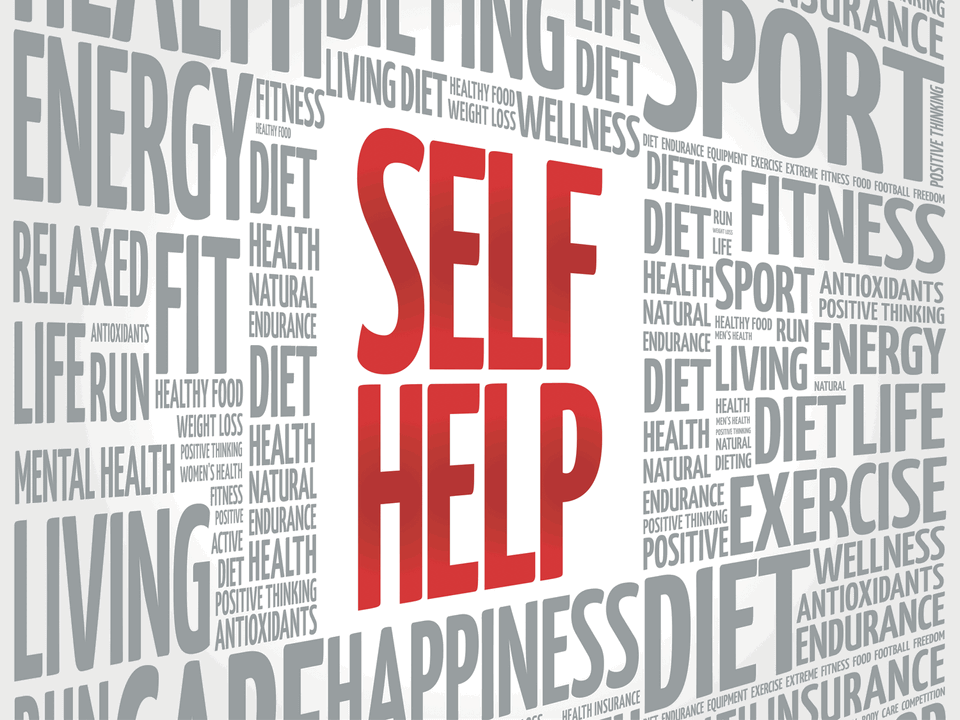The Gospel Is Not Self-Help

The self-help market is huge. We spend over $10 billion dollars a year on books, audio recordings, seminars, workshops, retreats, coaching, and other self-improvement products. We hope that they will help us lose weight, gain confidence, improve our business skills, and help us live better lives.
Some of these products are helpful, but not all of them. Publishers are also releasing anti-self-help books. Articles like My Fully Optimized Life Allows Me Ample Time to Optimize Yours poke fun at the self-help movement.
Self-help can be helpful, but it has its limits. The gospel offers something much better than more self-help.
The Problem With Self-Help
If you’ve dabbled in self-help, you’ve probably benefited from some of the tips and techniques you’ve learned. You can learn how to be more effective and productive. You’ve likely regularly benefit from blog posts, books, and videos that teach, entertain, and inspire.
But you’ve also run into some of the problems with self-help. The advice can be exhausting. There’s always something else to optimize or improve. You probably also get tired of the hype, and resent being caught in someone’s marketing funnel.
Ironically, self-help products can sometimes distract us rather than help us. It can be easier to look for a new productivity system than to implement the one we already have. It’s easier to read about lifting weights than to actually go to the gym.
Self-help can overwhelm us, leave us with a sense of failure and shame, and create unrealistic expectations. It puts the pressure on us to change. And it often doesn’t work.
Self-help promises more than it delivers. There’s something much better.
Better Than Self-Help
The gospel offers us something much better than self-help. It’s good news for those who can’t change themselves. It’s more than a set of to-do’s; it’s the good news that God has acted to give us everything we need to change.
“The premise of self-help in Christian circles is that God helps those who help themselves,” writes Bradley Larson. “The gospel of Jesus Christ, though, is that God helps those who cannot help themselves.”
Tim Chester is author of the book You Can Change. It’s an anti-self-help book disguised as self-help. One reviewer does a great job explaining the book, and also explaining why the gospel is better than self-help:
It quickly becomes apparent that the only change Tim Chester is interested in is transformation into the likeness of Christ. The power for change is not inner strength or willpower, but the grace of God through the death of his Son, applied by his Spirit. The method for change is not rules and programs, but faith and repentance. The context for change is not the counsellor’s office of a solitary retreat, but the community of God’s people speaking the truth in love. The goal of change is not to find yourself, but to forget yourself in love and service. The message is not so much that you can change as that God can change you.
The best kind of change doesn’t come from our own efforts. It comes instead from God himself. The gospel not only changes us, but gives us everything we need to continue to grow.
Gospel for Life Discipleship isn’t about giving you more self-help tools and techniques. It’s about helping you experience the power of the gospel in every area of your life.
The gospel is much better than self-help. It’s good news for everyone, including those who are tired of trying to change themselves.






